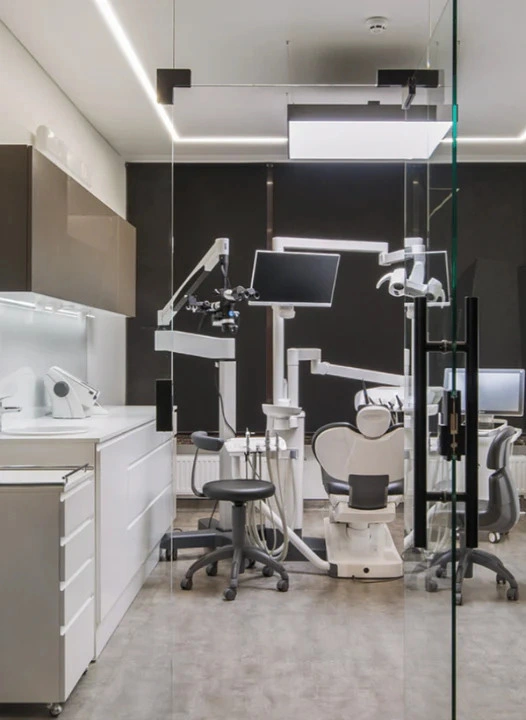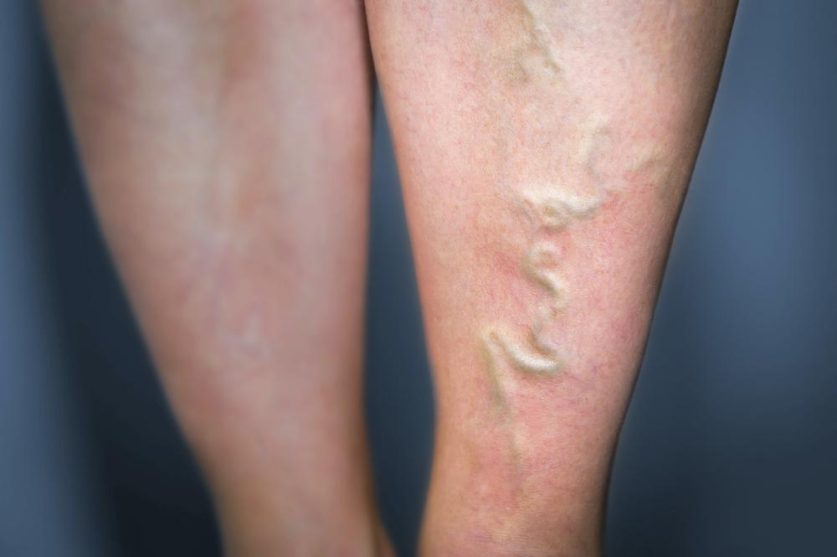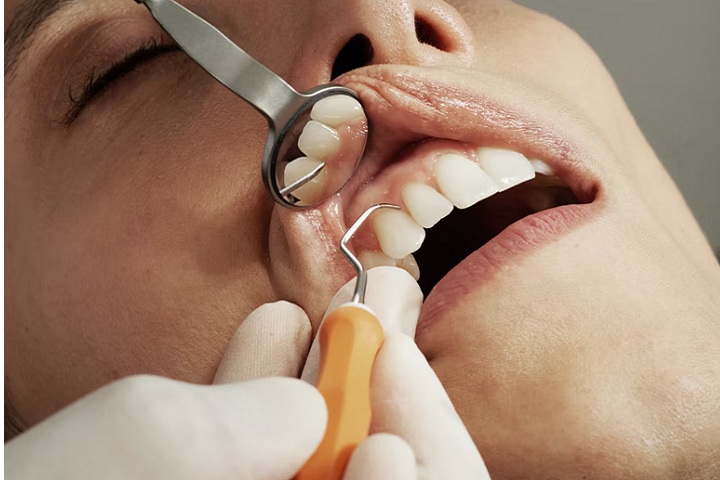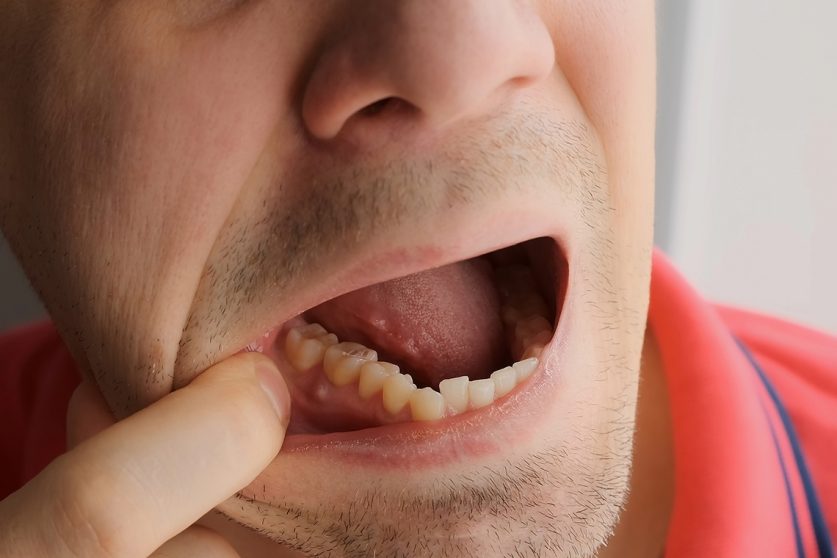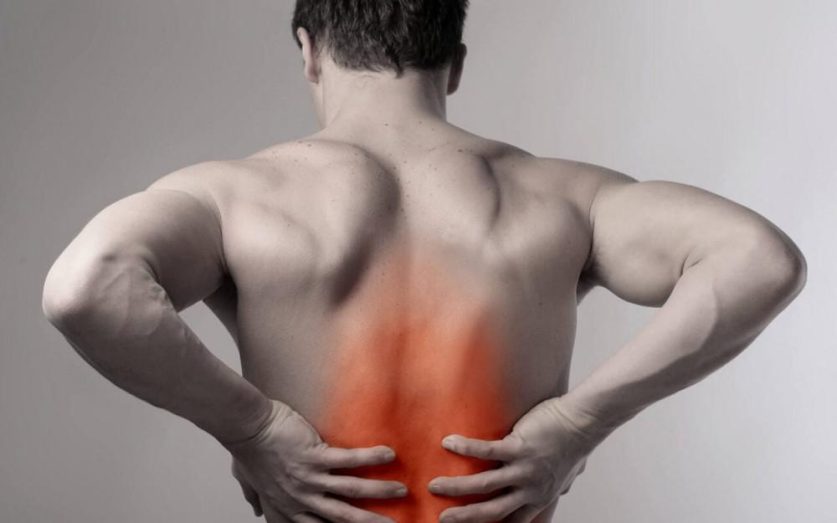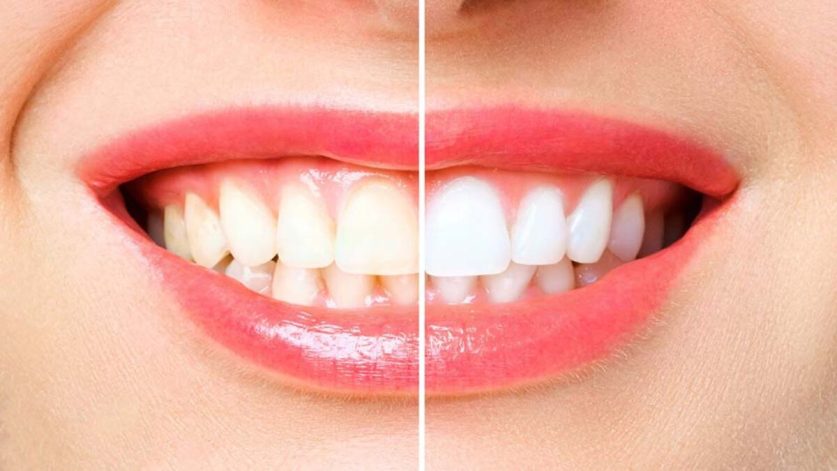What Do You Know Regarding Dehydration?
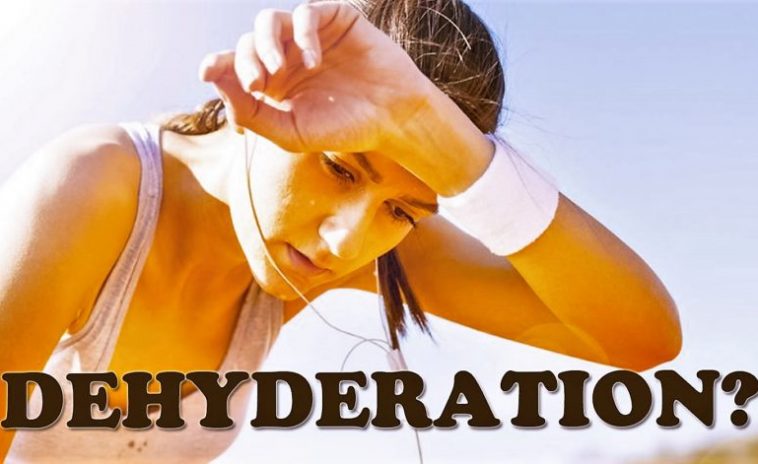
Dehydraces happen when you lose or use more fluids in your body than you consume. You will have a deficiency of water and other fluids in your body to carry out its normal functions. If you do not get Dehydration Treatment or replace the lost fluids, you will get dehydrated. Dehydration can affect everyone, but it is especially dangerous for small children and older people.
Dehydration in young children is generally caused by severe diarrhea and vomiting. Older people or older adults naturally have less fluid in their bodies. They may have diseases or take medications that make them more susceptible to dehydration. Even relatively small ailments, such as lung or bladder infections, can cause older adults to become dehydrated.
What are the causes of dehydration?
Causes Of Dehydration may include:
Nausea and vomiting
Severe acute diarrhea, or diarrhea that appears abruptly and violently, can result in a rapid loss of electrolytes and water. You lose much more fluids and minerals if you have both diarrhea and vomiting.
Fever.
The higher your fever gets, the greater you’ll be at risk of dehydration. The condition worsens if you have diarrhea, vomiting, and a fever.
Excessive Sweating
Sweating causes water loss. You risk becoming dehydrated if you engage in strenuous activity without replenishing lost fluids. Sweating and fluid loss are both accelerated in hot, humid weather.
Increased urination.
Undiagnosed or uncontrolled diabetes may be to blame for this. Dehydration is a side effect of various drugs, such as diuretics and some blood pressure medications, because they make you urinate more frequently.
Does dehydration cause headaches?
Your body becomes dehydrated when it doesn’t get enough water, which might result in headaches. Dehydration at any stage can lead to headaches. Along with headache discomfort, dehydration typically accompanies additional symptoms (such as weariness, dizziness, intense thirst, and dry mouth).
Home cures for Dehydration Headache, such as drinking water, sleeping, and taking over-the-counter painkillers, are frequently effective. Get immediate medical treatment if you have symptoms of extreme dehydration, such as confusion or lightheadedness.
What are the signs of dehydration?
Get emergency medical help if you think you or someone else has severe dehydration.
- Dehydration symptoms include:
- Delirium, confusion, and headache.
- Tiredness (fatigue).
- Weakness, lightheadedness, and dizziness.
- Having a dry cough or mouth.
- Low blood pressure and a rapid heartbeat.
- Appetite loss but possibly a thirst for sugar.
- Constipation
How to treat dehydration?
The only effective way to cure dehydration is to replenish lost electrolytes and fluids. The optimal method of treating dehydration varies on the patient’s age, the degree of their condition, and the underlying cause. Use electrolytes drinks or over-the-counter oral rehydration solution for infants and kids dehydrated due to diarrhea, vomiting, or fever.
Most individuals who experience mild to moderate dehydration due to diarrhea, vomiting, or fever can get better by drinking more water or other liquids. Cool water, smoothies, and coconut water are the Best Drinks For Dehydration if you work out or outside while it’s hot or humid. Electrolyte- and carbohydrate-containing energy or sports drinks can also help.
Conclusion
We hope the above-provided information will give you valuable insight regarding dehydration and its causes and treatment. For more beneficial information, please visit recoverors.com.




